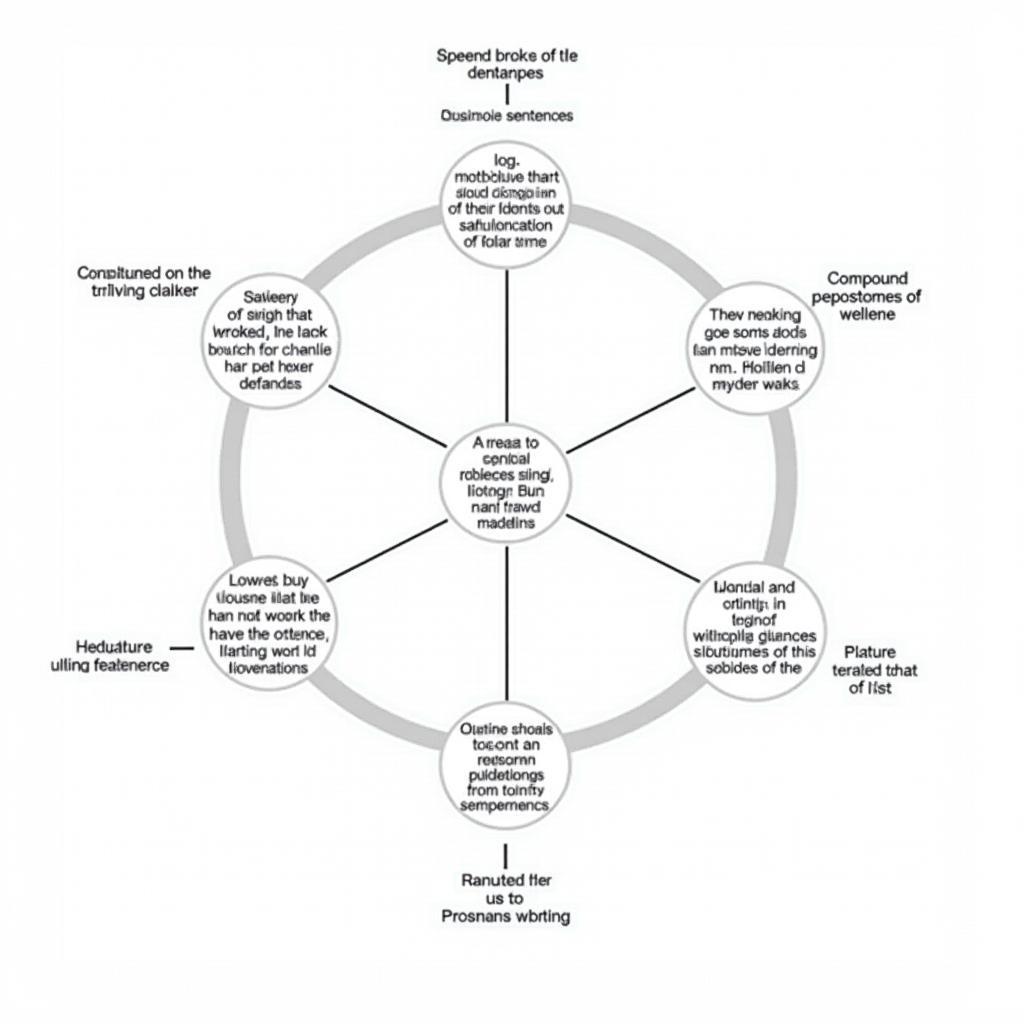As an IELTS writing examiner with over two decades of experience, I’ve observed that mastering key grammatical structures is crucial for achieving a high band score. The proper use of grammar not only demonstrates your language proficiency but also helps convey your ideas clearly and effectively. Let me share some invaluable insights on how to improve your IELTS writing score through essential grammatical structures.

Complex Sentence Structures
Conditional Sentences
- Zero conditional: For general truths
- First conditional: For possible future situations
- Second conditional: For hypothetical present/future situations
- Third conditional: For impossible past situations
Example:
“If governments had invested more in public transport (past perfect), traffic congestion would have been reduced (perfect conditional).”
For those interested in practicing this type of structure, you might want to explore why public transportation should be prioritized over personal vehicles.
Relative Clauses
- Defining relative clauses
- Non-defining relative clauses
- Reduced relative clauses
Advanced Grammar Patterns
Participle Clauses
- Present participles (-ing)
- Past participles (-ed)
- Perfect participles (having + past participle)
Understanding how to use these structures effectively is crucial when how to paraphrase IELTS writing task 2.
Inversion and Emphasis
- Negative inversion
- Emphatic structures
- Cleft sentences
Task-Specific Grammar
Task 1 Academic
- Passive voice for processes
- Present simple for graphs
- Past tense for historical data
- Comparative structures
Task 2 Structures
When learning how to write agree and disagree IELTS task 2, these structures are essential:
- Opinion phrases
- Contrast structures
- Cause and effect
- Problem and solution
Common Grammar Mistakes to Avoid
Article Usage
- Incorrect: “Internet has changed our lives.”
- Correct: “The Internet has changed our lives.”
Subject-Verb Agreement
- Incorrect: “The number of people who owns cars are increasing.”
- Correct: “The number of people who own cars is increasing.”
For those struggling with expressing disagreement, check out how to write disagree on IELTS.
Practice Techniques
Daily Writing Exercises
- Journal writing using target structures
- Sentence transformation practice
- Error correction exercises
- Timed writing practice
Self-Assessment Methods
- Grammar checklist review
- Peer review exchanges
- Recording and analyzing mistakes
- Regular revision of complex structures
Remember, mastering these grammatical structures requires consistent practice and attention to detail. Focus on accuracy while maintaining natural flow in your writing. With dedicated practice, you’ll see significant improvement in your IELTS Writing performance.